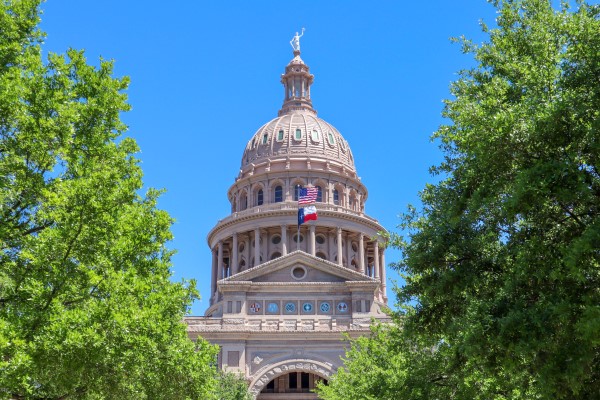New Innovation-Focused Programs Emerge at Univ. of Houston
Published Apr 01, 2019 by Maggie Martin
As Houston continues growing as an innovation hub, higher education institutions, including the University of Houston, are implementing new ways to connect and foster students in that sector.
According to InnovationMap, UH now has a major—and two minor—programs focused on innovation. “Undergraduate students now have the option to major or minor in Technology Leadership and Innovation Management or minor in Applied Innovation,” the online publication reports. “All three options begin in the fall semester of this year in the College of Technology.” UH also recently revamped Energy Research Park as the Technology Bridge, providing space and resources for early-stage, research-based startups.
The university is also developing a digital tech sales academy that offers students graduating with engineering and other technical degrees the opportunity to gain a strong sales and marketing skill set. The university’s award-winning Stagner Sales Excellence Institute piloted the program with a small cohort earlier this spring and is expected to launch a formal program later this year.
The new programs at UH fuse well with the broader effort being led by the Greater Houston Partnership and other organizations to expand the city’s innovation landscape. The last 18 months have brought the formation of Houston Exponential, the launch of the HX Venture Fund, which had its first close of $25 million last fall, and the designation of an Innovation Corridor that stretches from the TMC and Rice to downtown. Rice University has also begun work to convert a former Sears building in Midtown into the centerpiece of the Innovation District dubbed The Ion.
Broadening the scope of opportunities at area colleges and universities underscores one of the Greater Houston Partnership’s priorities encapsulated in Houston Next, the organization’s strategic initiative designed to advance Houston’s position as a great global city. As part of those efforts, the Partnership is committed to providing opportunity for all, which includes improving higher education in the region.
The Partnership’s focus in higher education is guided by the organization’s Higher Education Committee. Members meet several times a year to discuss how to grow our regional institutions, strengthen coordination between institutions and industry and improve the quality and reputations of higher education institutions in the region.
Bob Harvey, President and CEO of the Partnership, spoke about the committee’s work in a presentation on higher education at the University of Houston last week. “The business community and others must play an active role in addressing the challenges and harnessing the opportunities that are before us, and that includes the state of higher education,” said Harvey. “Houston leads the top ten U.S. metros in attracting baccalaureate-degreed professionals from outside the metro, but we are last (per capita) in producing that same talent locally.”
The Partnership’s Higher Education Committee has laid out several goals for Houston, including increasing high-value, high-growth tech degree production and attracting more faculty and students to our region’s higher education institutions.
Learn more about the Partnership's Higher Education Committee here.
 The Houston Report
The Houston Report


















